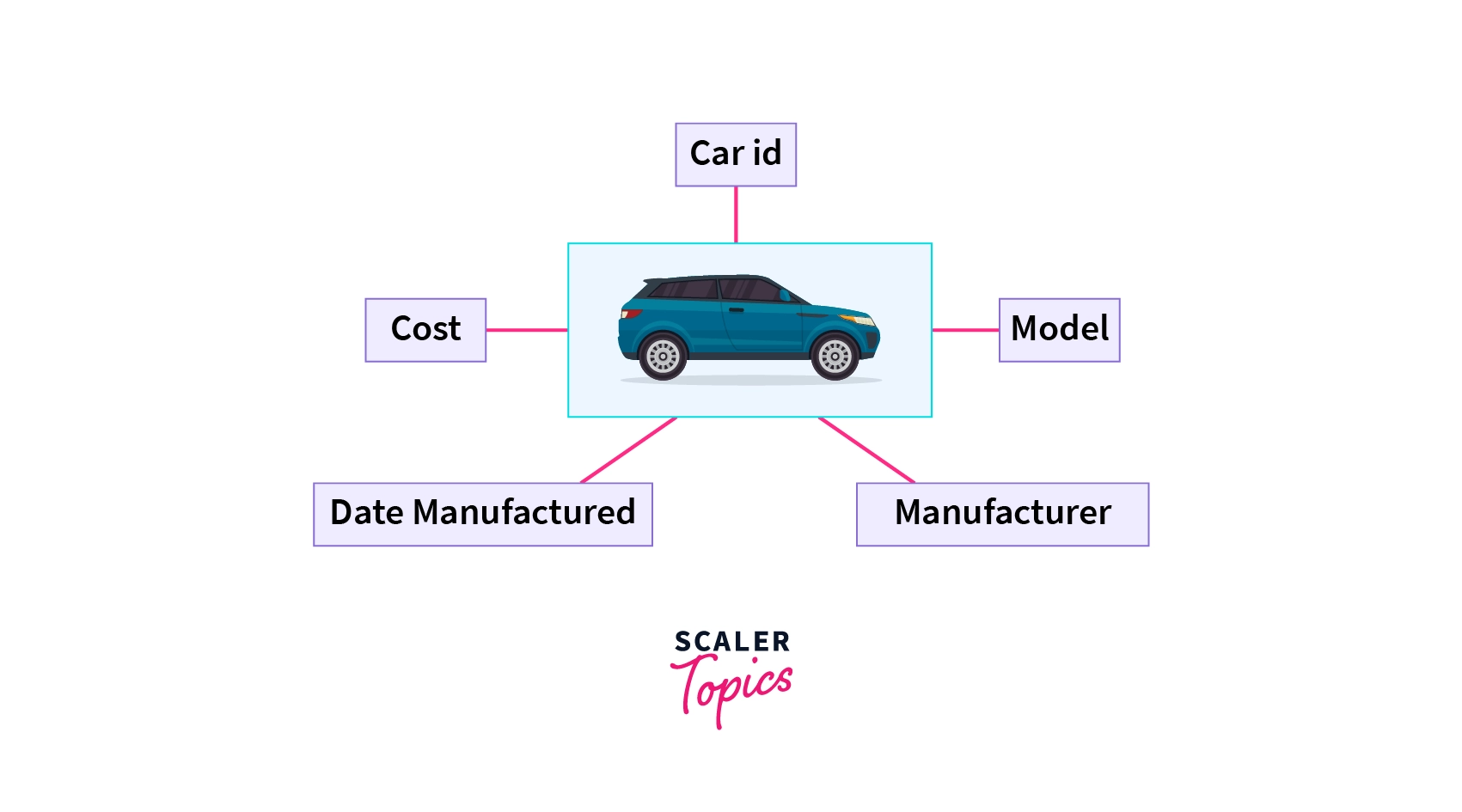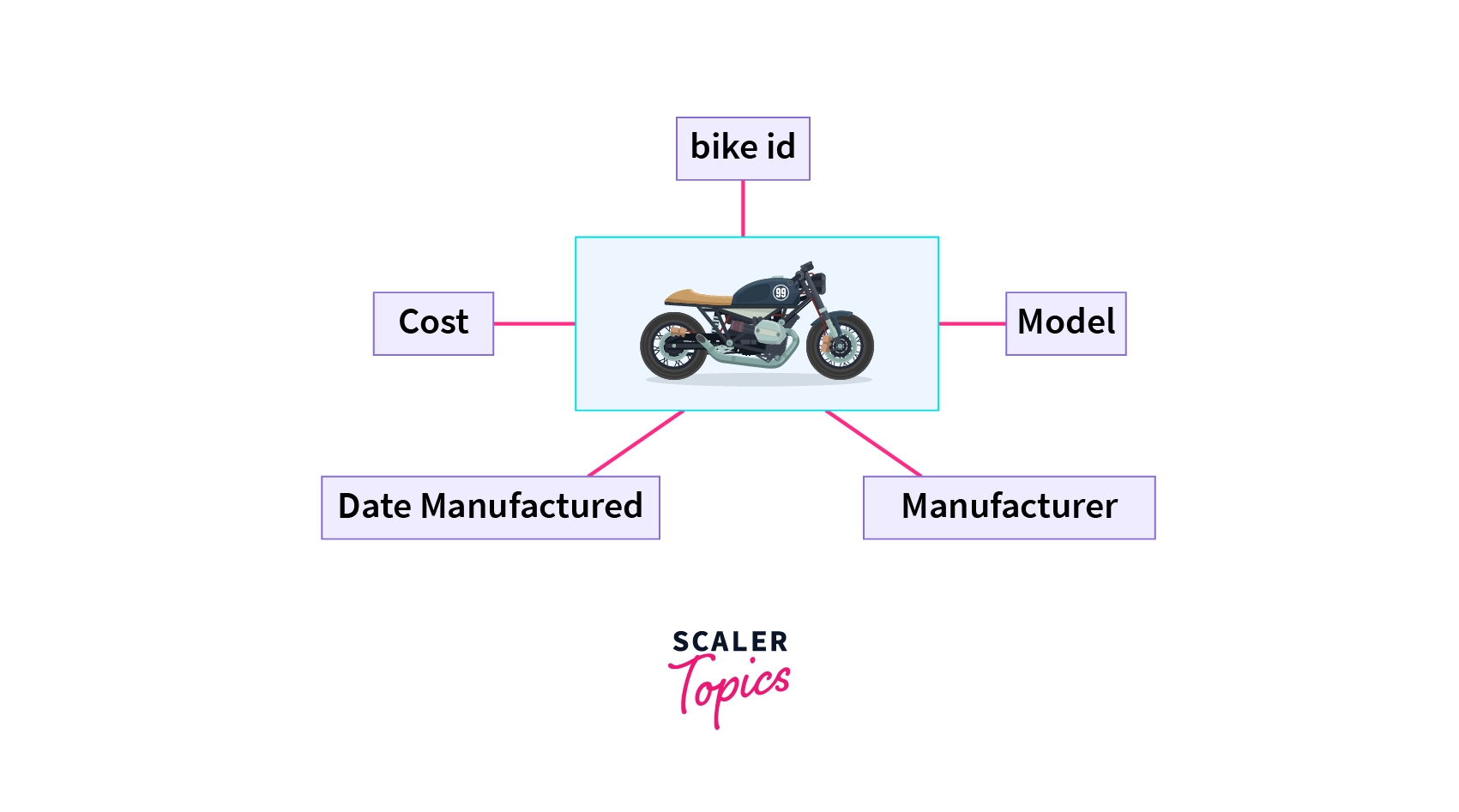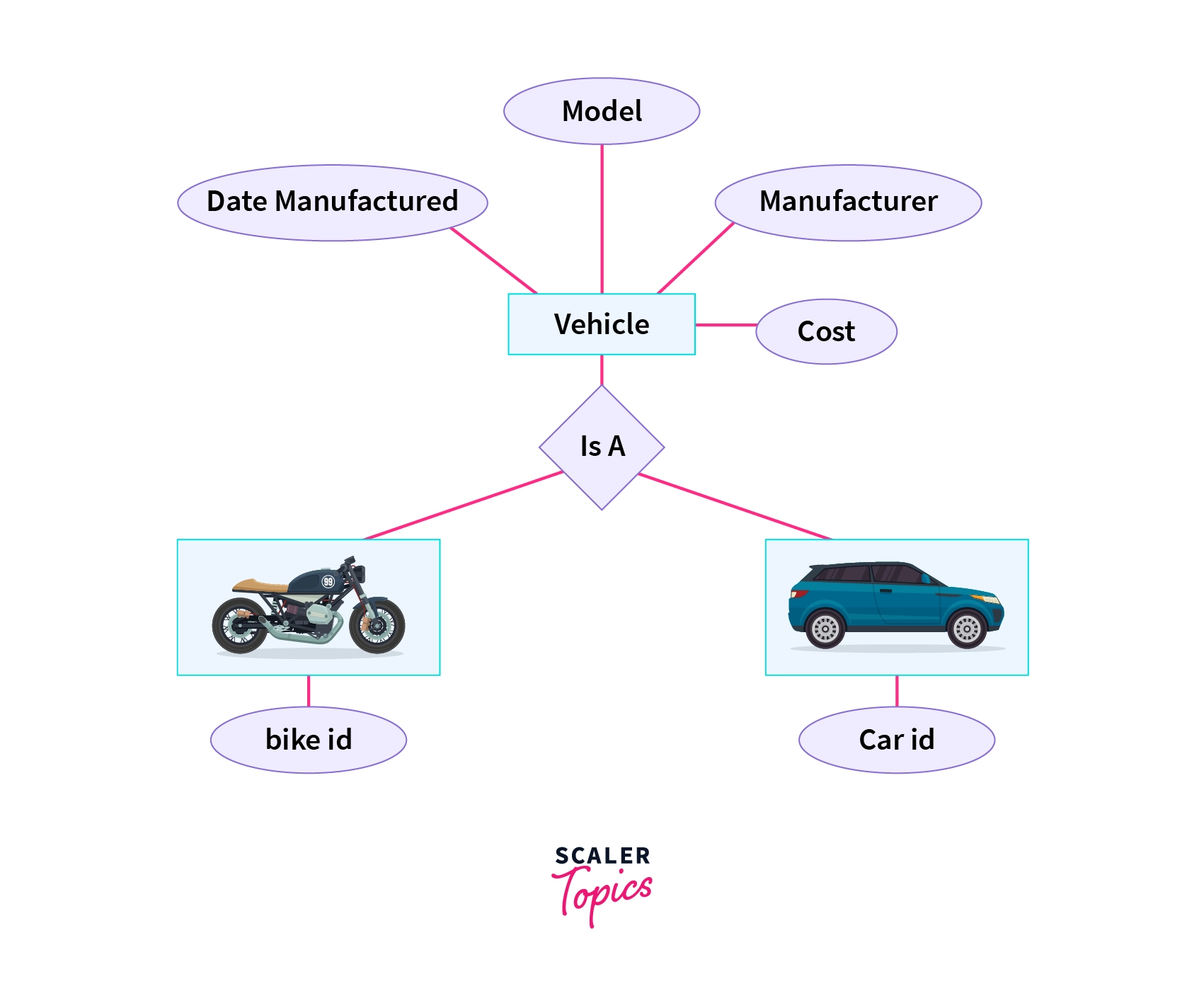Generalization in DBMS
Learn via video course

Overview
In Database Management System, Generalization is a process in which a new entity is formed using the common attributes of two or more entities. The newly formed entity is called the generalized entity.
Scope of the article
In this article, you will learn about:
- Generalization in DBMS.
- How to generalize an ER diagram using an Example.
Introduction
Suppose you are storing details of cars and bikes in your database and you want to simplify the values by storing their common attributes in a specific entity, So in that case, you can generalize the database by merging the common attributes of cars and bikes.
Generalization is a process in which a new entity is formed using the common attributes of two or more entities. Generalization simplifies the ER diagram in DBMS by clubbing the common attributes together. Below are some characteristics of generalization:
- Generalization follows the bottom-up approach.
- It generalizes or simplifies the entities.
- Higher-level entities can also be combined with lower-level entities.
Generalization Example
Let's take the above example which has the entity as car and bike and we need to generalize it based on the common entities between them so before generalizing we will have two separate entities for cars and bikes.
Entities Before Generalization
Below will be the entities before generalization:
Car Entity: Car entity can have attributes like car_ID, DateManufactured, Cost, Model, Manufacturer which will be generalized further.

Bike Entity: Bike entity can have attributes like bike_ID, DateManufactured, Cost, Model, Manufacturer which will be generalized further.

ER Diagram after Generalization
We can see that for cars and bikes some attributes like DateManufactured, Cost, Model, Manufacturer are the same so we can generalize them into an entity called Vehicle.
The vehicle entity will be having these common attributes and the bike and car entity will be related to them using "Is A" relationship table, So ER diagram can be generalized by:

To know more about Entity in DBMS, refer to this article.
Conclusion
Now that we have seen an example of generalization in DBMS, let us note down a few points.
- Generalization is a process in which a new entity is formed using the common attributes of two or more entities.
- The newly formed entity is called the generalized entity.
- Generalization follows the bottom-up approach.
- It generalizes or simplifies the entities.
- Higher-level entities can also be combined with lower-level entities.
